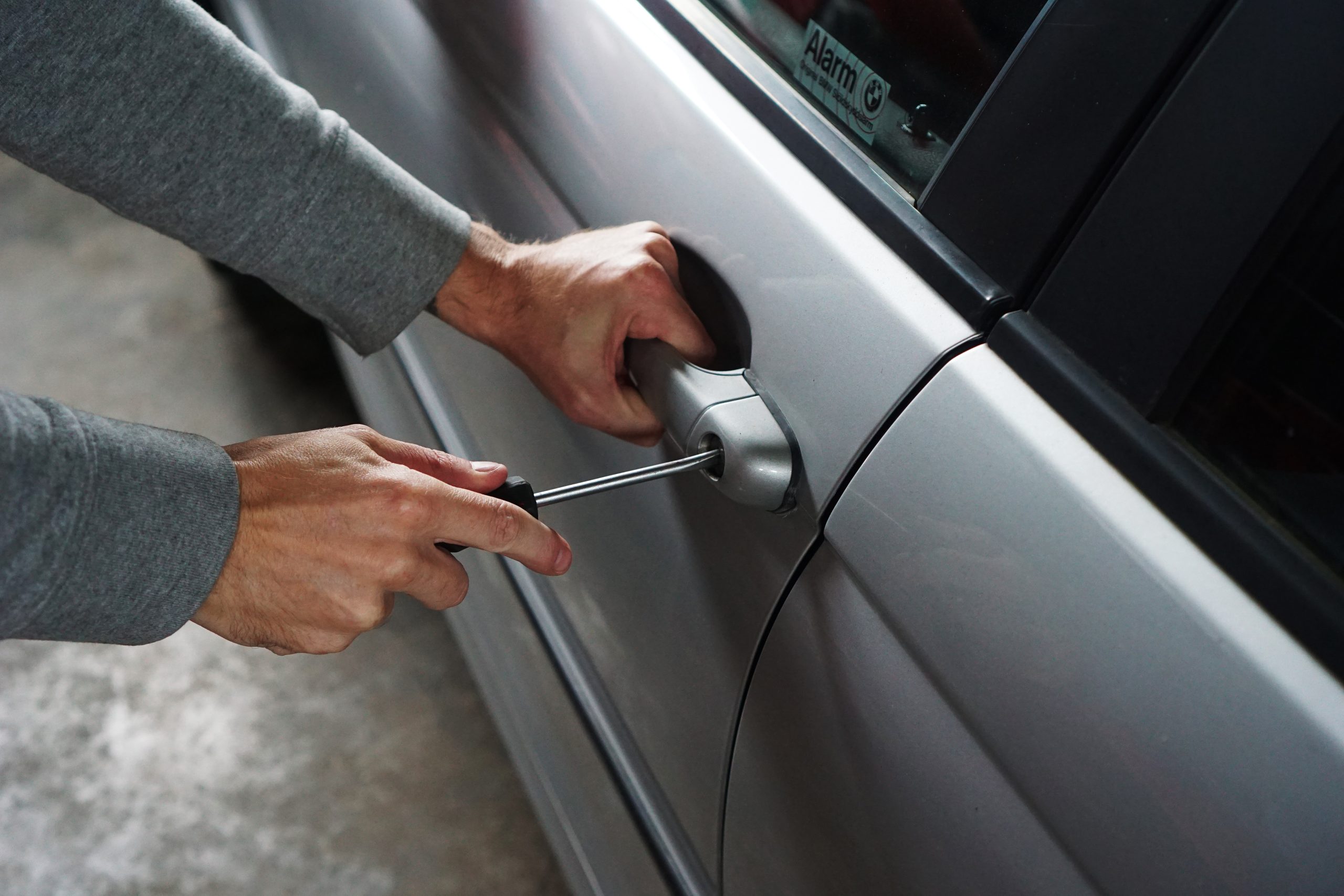 The following case revolves around the intersection of farming and infrastructure development, and the legal implications when construction activities impact agricultural land.
The following case revolves around the intersection of farming and infrastructure development, and the legal implications when construction activities impact agricultural land.
Case Background
Lanie Farms, a sugarcane and soybean farming operation, sued CLECO Power and its contractor, Highlines, for damages caused during the construction of new power lines across the farmland. Lanie Farms claimed that the construction activities damaged their crops and required costly remediation efforts. The trial court ruled in favor of Lanie Farms, awarding them $38,000 in damages. However, Lanie Farms appealed, arguing the award was insufficient. CLECO and Highlines also appealed, claiming the court should have dismissed the case.
 Insurance Dispute Lawyer Blog
Insurance Dispute Lawyer Blog


 In the realm of insurance claims and legal disputes, the concept of subrogation often plays a crucial role. Subrogation allows an insurer, after paying a claim to its insured, to step into the insured’s shoes and seek reimbursement from the party responsible for the loss. But what happens when the insured settles their claim directly with the at-fault party? Does the insurer lose its right to subrogation? A recent Louisiana Court of Appeals case,
In the realm of insurance claims and legal disputes, the concept of subrogation often plays a crucial role. Subrogation allows an insurer, after paying a claim to its insured, to step into the insured’s shoes and seek reimbursement from the party responsible for the loss. But what happens when the insured settles their claim directly with the at-fault party? Does the insurer lose its right to subrogation? A recent Louisiana Court of Appeals case,  In a recent ruling, the
In a recent ruling, the  In personal injury law, car accidents at intersections are all too common. However, the case of
In personal injury law, car accidents at intersections are all too common. However, the case of  In the complex world of insurance coverage disputes, a recent
In the complex world of insurance coverage disputes, a recent  If you are involved in an automobile accident, it can be difficult to navigate insurance claims and coverage. The situation becomes even more complicated when there are multiple insurance policies involved. How is coverage allocated between multiple relevant insurance policies?
If you are involved in an automobile accident, it can be difficult to navigate insurance claims and coverage. The situation becomes even more complicated when there are multiple insurance policies involved. How is coverage allocated between multiple relevant insurance policies? Dealing with the aftermath of a flood is never fun. This is especially true when the flood damages one of your vehicles. This is the situation Michael Jacobs found himself in after one of his cars was damaged in a flood. After a long fight with his insurance company, he eventually prevailed and was awarded damages.
Dealing with the aftermath of a flood is never fun. This is especially true when the flood damages one of your vehicles. This is the situation Michael Jacobs found himself in after one of his cars was damaged in a flood. After a long fight with his insurance company, he eventually prevailed and was awarded damages.  It can be challenging to interpret insurance policies, especially when they involve complex provisions such as coverage for an additional insured. Before signing an insurance policy, it is imperative to understand its language and what it does and does not cover. Here, the plain language of the insurance policy proved instrumental in the appellate court’s ruling.
It can be challenging to interpret insurance policies, especially when they involve complex provisions such as coverage for an additional insured. Before signing an insurance policy, it is imperative to understand its language and what it does and does not cover. Here, the plain language of the insurance policy proved instrumental in the appellate court’s ruling. In the legal system, dissenting opinions, i.e., opinions delivered by one or more judges who disagree with the decision, play a crucial role in shaping the interpretation and application of the law. They provide valuable insights into alternative viewpoints, often sparking discussion and debate and ultimately leading to the evolution of jurisprudence. One such notable dissenting opinion can be found in the case of Christopher Blanchard v. Demetrius J. Hicks et al., authored by Justice Cooks. In this blog post, we look at the case, the arguments made in the dissent, and the importance of dissent in the legal landscape.
In the legal system, dissenting opinions, i.e., opinions delivered by one or more judges who disagree with the decision, play a crucial role in shaping the interpretation and application of the law. They provide valuable insights into alternative viewpoints, often sparking discussion and debate and ultimately leading to the evolution of jurisprudence. One such notable dissenting opinion can be found in the case of Christopher Blanchard v. Demetrius J. Hicks et al., authored by Justice Cooks. In this blog post, we look at the case, the arguments made in the dissent, and the importance of dissent in the legal landscape. Imagine, for a moment, living a life of normalcy, the humdrum of day-to-day routines, a steady job, a peaceful existence. Suddenly, an unexpected accident shakes your world, thrusting you into the tumultuous tides of legal proceedings. This is the daunting reality Patricia and Calvin Henderson found themselves in, initiating a monumental case against Amy Lashouto and her insurer, State Farm Mutual Automobile Insurance Company (State Farm).
Imagine, for a moment, living a life of normalcy, the humdrum of day-to-day routines, a steady job, a peaceful existence. Suddenly, an unexpected accident shakes your world, thrusting you into the tumultuous tides of legal proceedings. This is the daunting reality Patricia and Calvin Henderson found themselves in, initiating a monumental case against Amy Lashouto and her insurer, State Farm Mutual Automobile Insurance Company (State Farm).